

I say, did you hear? Sony has bought streaming games service Gaikai for the whopping sum of $380m. This is a big deal, clearly – especially on a rainy Monday when there isn't very much news around. Even if you've been sleeping at the back and you're not sure what a Gaikai is, that $380m figure should alert you to the fact that this is a significant development.
In the wake of this bombshell, everyone is asking one key question: WHAT DOES THIS MEAN FOR THE FUTURE OF PLAYSTATION?
To save you the bother of scrolling to the bottom of the page: I don't know the answer. To be fair, no-one does at this stage. For now, the best I can offer is some thoughtful reaction (unqualified gut reaction) to the theories that are currently being tossed about online, or in the office where I work.
If you're annoyed that I don't have a definitive answer, you're probably new to the wonderful world of games journalism, but all the same... I'm sorry. By way of apology, here's a video of some cute panda cubs going down a slide:
Still with me post-pandas? Alright, take my hand and let us indulge in some wayward speculation...
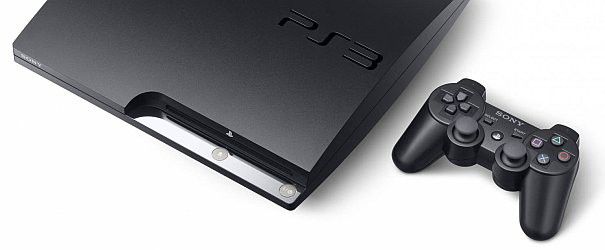
I suspect that this was the natural reaction that many of us had upon hearing news of the acquisition. And to be fair, this supposition seems to born out by the super-excited proclamation of SCE president Andrew House:
"By combining Gaikai's resources including its technological strength and engineering talent with SCE's extensive game platform knowledge and experience, SCE will provide users with unparalleled cloud entertainment experiences," said House
"SCE will deliver a world-class cloud-streaming service that allows users to instantly enjoy a broad array of content ranging from immersive core games with rich graphics to casual content anytime, anywhere on a variety of internet-connected devices."
There are a lot of provocative words in there – "unparalleled" "immersive core games" "rich graphics" – and if you're already of the opinion that the PS4 will rely upon streamed content, you could certainly use these words to bolster your views. However, the truth is that House isn't really saying anything at all here. It's a classic slice of marketing vagueness, one that hints at potential ideas without committing to specifics. This is a cunning trick, one that allows brightly-coloured marbles to bounce through the bagatelle of our hopes and desires before coming to rest in the hole of our choosing. And in this case, many of us will be choosing a hole marked "PlayStation 4".
Why am I sceptical about the idea of Gaikai fuelling the PS4? Firstly, because the technology isn't quite there yet. Gaikai and OnLive are the most successful streaming games services we have, and neither has exactly taken the gaming world by storm. The idea is there, and the potential is self-evident. Still, talk to a core gamer who's using these services (if you can find one) and they'll likely agree the functionality is far from perfect; you can certainly have a good time with Gaikai and OnLive, but you'll still have to overlook the input lag, as well as the occasional feeling that you're playing a YouTube video. If Gaikai has issues accurately representing the visual fidelity of current games, the expected next-generation bells and whistles may be lost entirely through compressed video.
The counter to this argument is that the PlayStation 4 hasn't been announced yet – so Sony must have plenty of time to improve the technology. This is certainly a possibility, but let's bear in mind that the acquisition was only announced this week, and has yet to be completed. There's even a chance, albeit a small one, that something could go awry with the deal. And if that's the case, either Sony has yet to begin serious development of its next console, or Gaikai functionality isn't intended to be a main component. Why? Because if we expect Sony to show us the PlayStation at E3 2013, we have to assume they've been working on it for some time... in which case, why buy Gaikai now?
Why indeed.

Personally, I have a much easier time swallowing this notion. Backwards compatibility is a major pain in the arse for console makers: as the complexity of hardware increases, so too does the amount of effort required to make your entire back catalogue work on your new machine. If you look at the entire customer base for a given console, it's only a relatively small proportion of the group that cares about backwards compatibility in the first place – hardcore, veteran gamers. And invariably, this audience will want to pay as little as possible for their old games – especially if they've already bought them before.
If Sony uses Gaikai to stream its older titles to the PS4, it can vault several of the hurdles that make backwards compatibility such an annoyance. Rather than having to build a single machine that can emulate its three PlayStation predecessors, Sony can just set up dedicated hardware in a vault somewhere (I picture an Area 51-like base in the desert) and stream the video across from there. If they can make Gaikai work for the Vita, Sony could also use its hefty back catalogue to expand the handheld's anorexic software library.
Gaikai may struggle to deliver a truly crisp high definition experience of current-gen titles, but I'm guessing that geriatric pre-PS3 titles would lose little when delivered via a video stream – and I do mean "guessing", as I freely admit that I'm unversed in the dark arts of the hardware involved. Even if I'm wrong, the key benefit of this strategy is that it provides a relatively safe place for Sony to test the technology and iron out the wrinkles in its service.
If things go well, it'll foster good will towards the notion of streaming as a games delivery service. If it goes badly, well hey – it's "only" backwards compatibility that's at stake, right? People will moan, but there won't be too much of an outcry. Contrast that with the poop storm that would blow in if the PS4 launches with a laggy, visually-imperfect version of Uncharted 4: Drake's Golden Fountain.
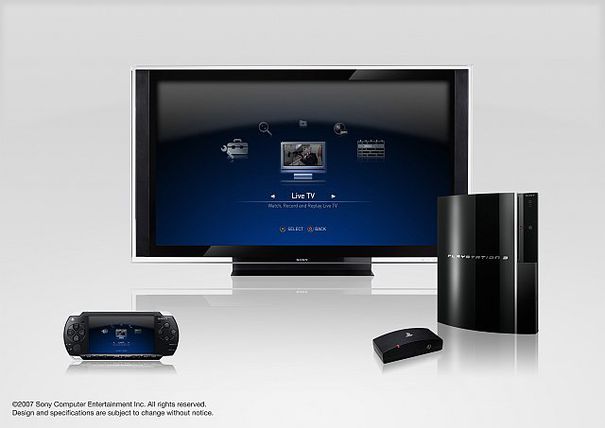
The third major thrust of speculation suggests that Sony will use Gaikai in a new range of TVs. And for once, I find myself agreeing with Wedbush analyst Michael Pachter:
"I know that Gaikai was purchased by Sony Computer Entertainment, but essentially, they provide a solution to play games without a console, so they make a lot of sense if built into Sony TVs," quoth the predictor-man.
"This could be both a strategic move to sell more TVs and a pre-emptive move to keep others from using the service. It's actually a very interesting deal, and the price is reasonable if it gives Sony an advantage over other television manufacturers while keeping the technology off the market so that others can't eliminate the need for a console."
Gaikai already signed a deal with Samsung earlier in the year, and it's not immediately obvious how the Sony buy-out will affect this. What is clear, however, is that TV manufacturers are clearly getting dribbly over the idea of integrated gaming.
Anyone with even a passing interest in technology will tell you that Smart TVs are going to be A Big Deal in the very near future, and Sony need to do everything they can to up their game. The company has been one of the most zealous exponents of 3D viewing, but the broad consensus is that the tech has failed to grab us by the short and hairies. On the other hand, there's a growing interest in TV-based web browsing and other connectivity-based features.
If there's even a small chance that streamed games could help to boost Sony's TV sales, the company is going to jump in with both feet. And as there is, it has.
As I said up top, there's no way to be sure what Sony plans to do with Gaikai, but as a gambling man, I'd put most of my money on Theory 3. Make no mistake, it's very possible that streamed gaming is going to be a big part of our lives; I just don't see it being the immediate backbone of Sony's next machine. It's something that Sony will use once it has a grip on the technology, once the audience and demand are in place, and that will take time.
How should we regard the Sony-Gaikai deal? Personally, I see it as a statement of intent more than anything else. But that's just my undereducated guess.
You can stream a range of PC game demos directly from your browser right here on VideoGamer.com - all thanks to Gaikai.
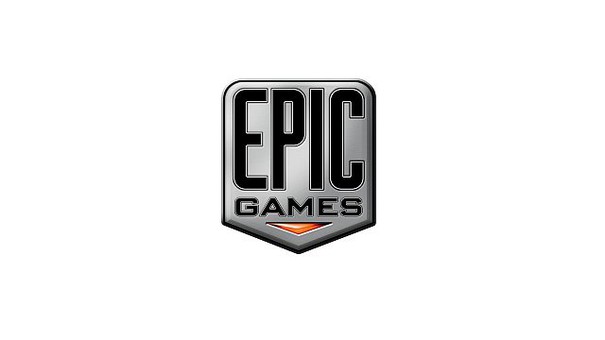
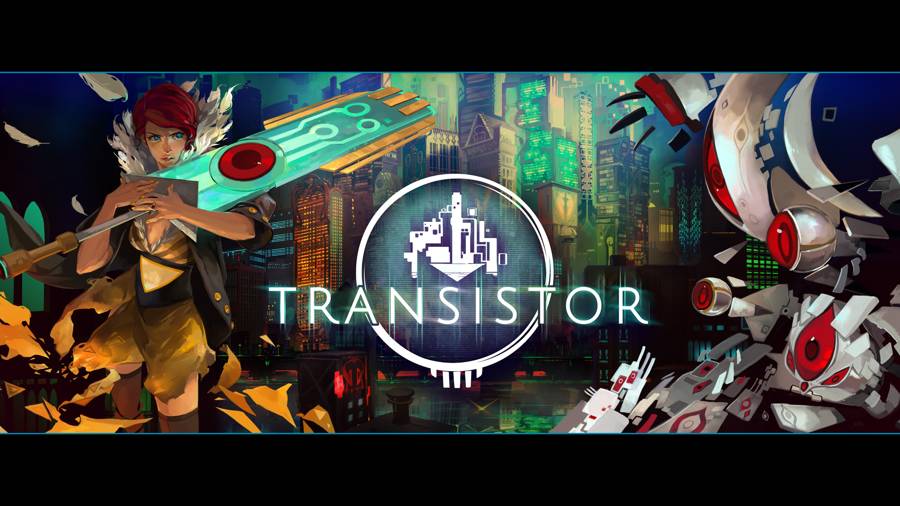
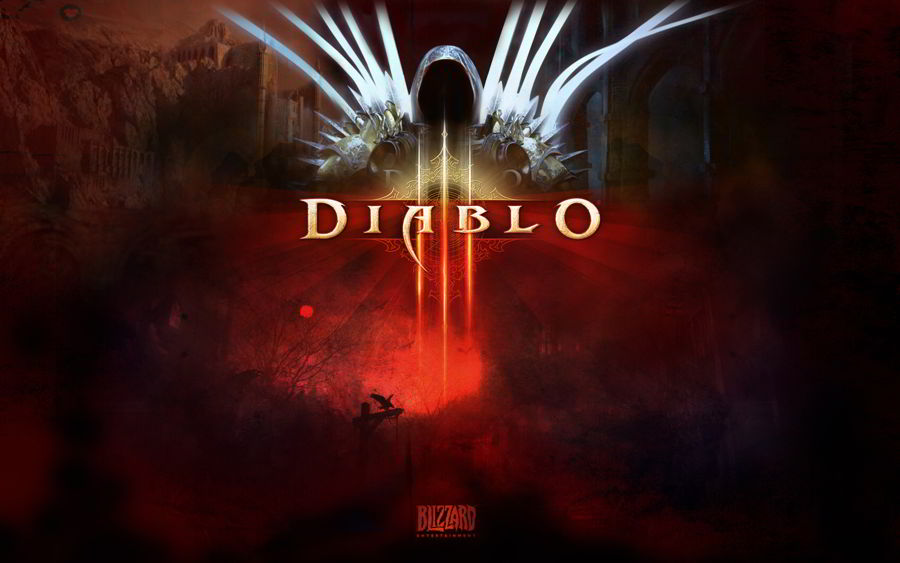

 How To Make and Use Minecraft Portals
How To Make and Use Minecraft Portals Minecraft Mod Examinations: Dynamic Sword Skills and Mine and Blade: Battlegear 2
Minecraft Mod Examinations: Dynamic Sword Skills and Mine and Blade: Battlegear 2 What Next For Saints Row And Volition?
What Next For Saints Row And Volition?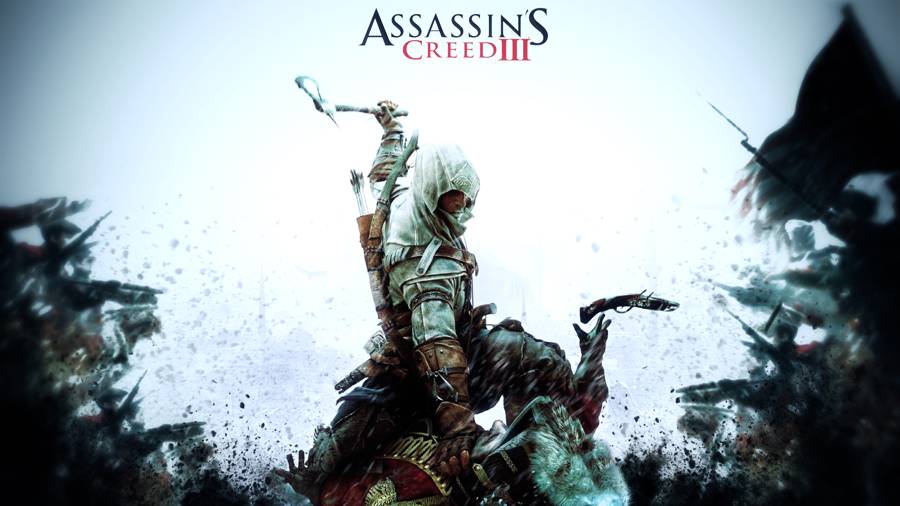 Assassin's Creed 3 Guide: Assassinate John Pitcairn
Assassin's Creed 3 Guide: Assassinate John Pitcairn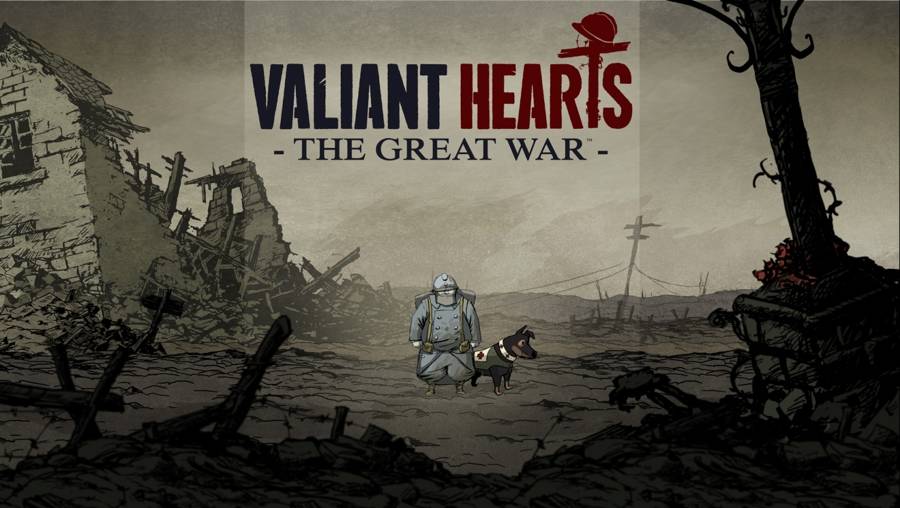 Valiant Hearts The Great War: Chapter 1 Ypres Guide
Valiant Hearts The Great War: Chapter 1 Ypres Guide